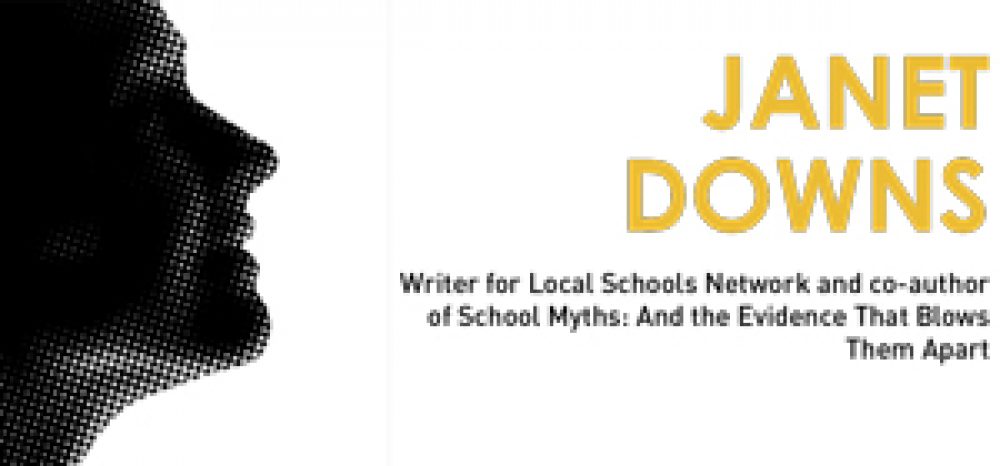Tristram Hunt is right to suggest a move away from exams at 16-plus. But there’s a danger in his proposals for a 14-19 curriculum
Most developed countries have graduation at 18. Few tests are taken at 16-plus and if they are, they are restricted to core subjects. The OECD found in 2011 that just 15 of the 34 countries in the organisation used national examinations at lower secondary level (age 16). The two subjects most commonly covered were maths and national language or language of instruction. Three extra subjects were used to a lesser extent: science, modern foreign languages and social studies. These exams decided 16-plus progression and were not used to judge schools.
Schools are reeling from changes and reforms
Reaction to shadow eduction secretary Tristram Hunt’s proposal has been tinged with weariness. Schools are reeling from league table changes and the hastily introduced, unevaluated reforms to GCSEs, AS and A-levels. Some of these have already hit snags: sample tests for maths showed one exam board’s papers were too easy while others failed to differentiate between different grades.
Ofqual’s analysis of sample papers with existing, supposedly “current” papers (actually from a few years ago) and similar tests from international jurisdictions was flawed. Many of the international papers were out-of-date or being phased out. It’s feared that reformed science GCSEs will face the same problems as maths. And there’s the possibility that the proposed English literature GCSE doesn’t comply with equality law. There are choppy waters ahead.
It’s unsurprising, therefore, that schools will not welcome further exam changes.
However, it is possible to move towards graduation at 18 without further disruption. Here’s how:
1 Uncouple what is taught from what is examined. Pupils should study a broad, balanced curriculum up to 16. The present focus on examinations at 16 means they drop subjects too early at 14. But if they could study subjects without being examined, then they could continue taking them. There would be no need, say, for pupils to choose just one humanities subject.
2 Reduce the number of GCSEs taken – no more than five: English, maths, science and two others.
3 These GCSE results, with teacher assessment, coursework and pupil inclination, should decide 16-plus pathways NOT be used to judge schools.
4 Graduation at 18 should be via multiple routes. These could include formal exams such as GCSEs; IGCSEs; level 1, 2 and 3 vocational exams, TechBac, ModBac, LAMDA or International Baccalaureate, combined with participation in extra-curricular activities such as Young Enterprise, Duke of Edinburgh Award, army cadets, scouting, sport, drama, music, dance and art. These could be further augmented by extended projects, work experience, community engagement and completion of massive open on-line courses (MOOCs). The latter would need monitoring to ensure they were reliable and pupils would need to provide evidence of successful completion.
There’s a danger in Mr Hunt’s proposal for a 14-19 curriculum. Again, most developed countries split secondary education in two: lower secondary ending at 15/16 and upper secondary from 15/16 to 18/19. This model could easily be adopted in England – it’s how secondary education has traditionally been organised: five years compulsory education followed by two years sixth form.
The future of exams should not be to discard what is already present but to refine and extend it. The suggestions above would help to break down the academic/vocational divide that has dogged education in the UK with the former being seen as superior to the latter. They would allow pupils to follow their own interests and gain recognition for what they know, understand and can do, and they would be flexible and allow each young person to gain a unique graduation certificate listing all achievements, something that would be more useful to future employers or for progression to higher education than grades in a few formal exams. Reform doesn’t have to be radical – but it can be inspirational.







I’m all up for sorting out this academic vs vocational thing. As an ‘academic’ student I felt praise for my ability to write essays, but there was no time in such a rigorous academic schedule for me to find my own real ways to; help people, experience what we discuss, or be part of the world we’re taught to analyse. Whereas ‘vocational’ has this misleading taste of ‘doing’ not ‘philosophising’ and both miss major parts of personal intellectual development. These suggestions are good and I would celebrate the evolution of our schooling system into one that does not confuse student’s and teacher’s rights to learn, with a system’s right to teach.